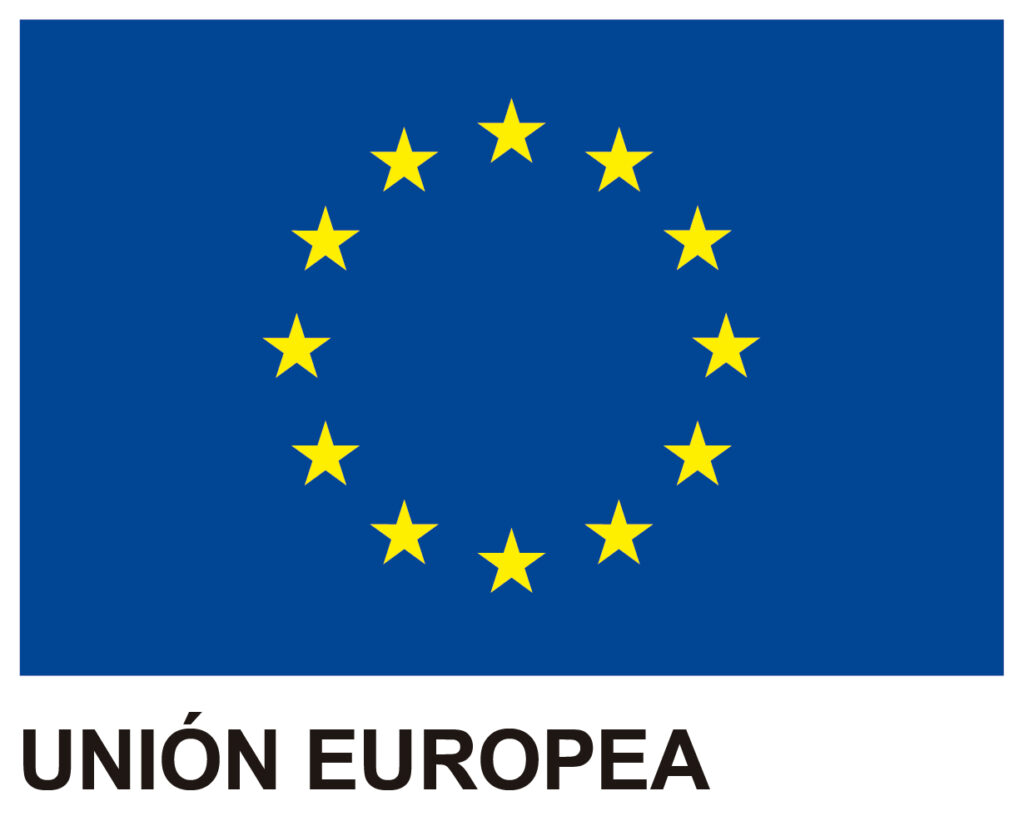What are ESG (Environmental, Social, and Governance) Criteria?
In a world where sustainability and corporate responsibility are increasingly relevant, ESG (Environmental, Social, and Governance) criteria have become a key reference for measuring the environmental, social, and governance impact of companies. Adopting an ESG strategy not only improves corporate reputation but also contributes to greater transparency and compliance with international regulations.
Why should companies know ESG criteria?
In recent years, we have witnessed a growing social and environmental awareness from society and organizations’ stakeholders (investors, customers, employees). As a result, companies are being forced to redefine their role and demonstrate a genuine commitment to sustainability. In this context, ESG criteria (Environmental, Social, and Governance) emerge as a fundamental tool to evaluate organizations’ performance in sustainability.
The adoption of ESG criteria, beyond being a simple trend, becomes a strategic necessity to thrive in an increasingly demanding environment that requires transparency and concrete actions contributing to a sustainable future.
In order to implement an effective strategy and comply with growing regulatory requirements in sustainability, it is essential for companies to periodically identify and assess potential opportunities and risks associated with environmental, social, and governance factors.
Similarly, transparency in managing ESG criteria is crucial for building trust among stakeholders. Companies must adopt robust and transparent reporting practices that effectively communicate their actions and progress in sustainability and ensure compliance with applicable European and national regulations.
Breakdown of ESG Criteria
Within this current framework where society demands more sustainable, long-lasting, and ethical development; a scenario that is also under the growing protection of European legislation and regulations, companies have decided to incorporate environmental, social, and governance performance objectives into their business strategy that address the following themes:
They consider issues such as climate change adaptation and mitigation, efficient use of energy resources, air, water, and soil pollution, use of substances of concern, use of microplastics, water and marine resource management, biodiversity management, and circular economy and waste management.
They include labor issues such as working conditions, work-life balance, freedom of association, equal treatment and opportunities, diversity, privacy, among others. These labor factors address both own workers and workers in the value chain. This dimension also includes the economic, social, cultural, civil, and political rights of communities, the rights of indigenous peoples, and good practices towards consumers and users in terms of privacy, access to information and responsible marketing, health and safety, child protection, social inclusion, and accessibility.
They comprise elements related to Corporate Governance and the company’s behavior and transparency, such as the quality and effectiveness of the governing body, internal controls and definition of responsibilities and authorities, risk management, audit criteria, policies, guidelines, and codes established by senior management, corporate culture, management of internal whistleblowing channels, political commitment, supplier relationship management, and anti-corruption and anti-bribery practices.
Benefits of an ESG Strategy
These aspects seem to be here to stay, so it is expected that organizations that care about the environment, are socially responsible, and have good Corporate Governance will benefit in the future from European and Spanish regulations (even more so, as they are a requirement, for example, for access to European funds and additionally, can be the subject of sustainable investments), significantly affecting their financing capacity and reputation.
Likewise, reporting on annual ESG performance is becoming a legal obligation that affects more and more companies. In this line, it is expected that Law 11/2018, on Non-Financial Information and Diversity, will be revised and require companies to report their Non-Financial Information Statements based on the comprehensive European Sustainability Reporting Standards introduced by the CSRD.
Additionally, as seen in recent years, inadequate management of risks associated with these sustainability factors can have a media impact that seriously affects the company’s image (even more so considering the current role of social media in brand image), as well as severely affecting the profitability and viability of the company.
Therefore, it is essential to conduct a risk analysis in ESG matters in order to understand the organization’s status regarding the large number of existing threats in the mentioned areas, and to evaluate the effectiveness of controls already implemented in the organization, as well as the creation of action plans in all areas that need improvement.
Finally, we must not forget that companies are ultimately directed and managed by people, and many of them have a growing concern for issues such as climate change or work-life balance and aspire to create and maintain an ethical and sustainable company, so it is essential to generate long-term value for these stakeholders.
How Can We Help You?
Historically, GlobalSuite Solutions has had extensive experience in projects related to ESG criteria, such as environmental projects (ISO 14001 and carbon footprint); crime prevention, anti-bribery, and compliance (based on ISO 19601, ISO 37001, and ISO 37301, respectively); projects related to the Non-Financial Information Law, projects in the field of Information Security and Data Protection, Business Continuity and Crisis Management, Risk Management, etc.
This experience has allowed us to design a global project for companies’ compliance with ESG matters, addressing in an integrated and efficient manner the performance and reporting of information by organizations based on these three pillars of corporate sustainability, as well as conducting a comprehensive analysis of ESG risks, thanks to all the functionalities and advantages of our GlobalSuite® management tool.



